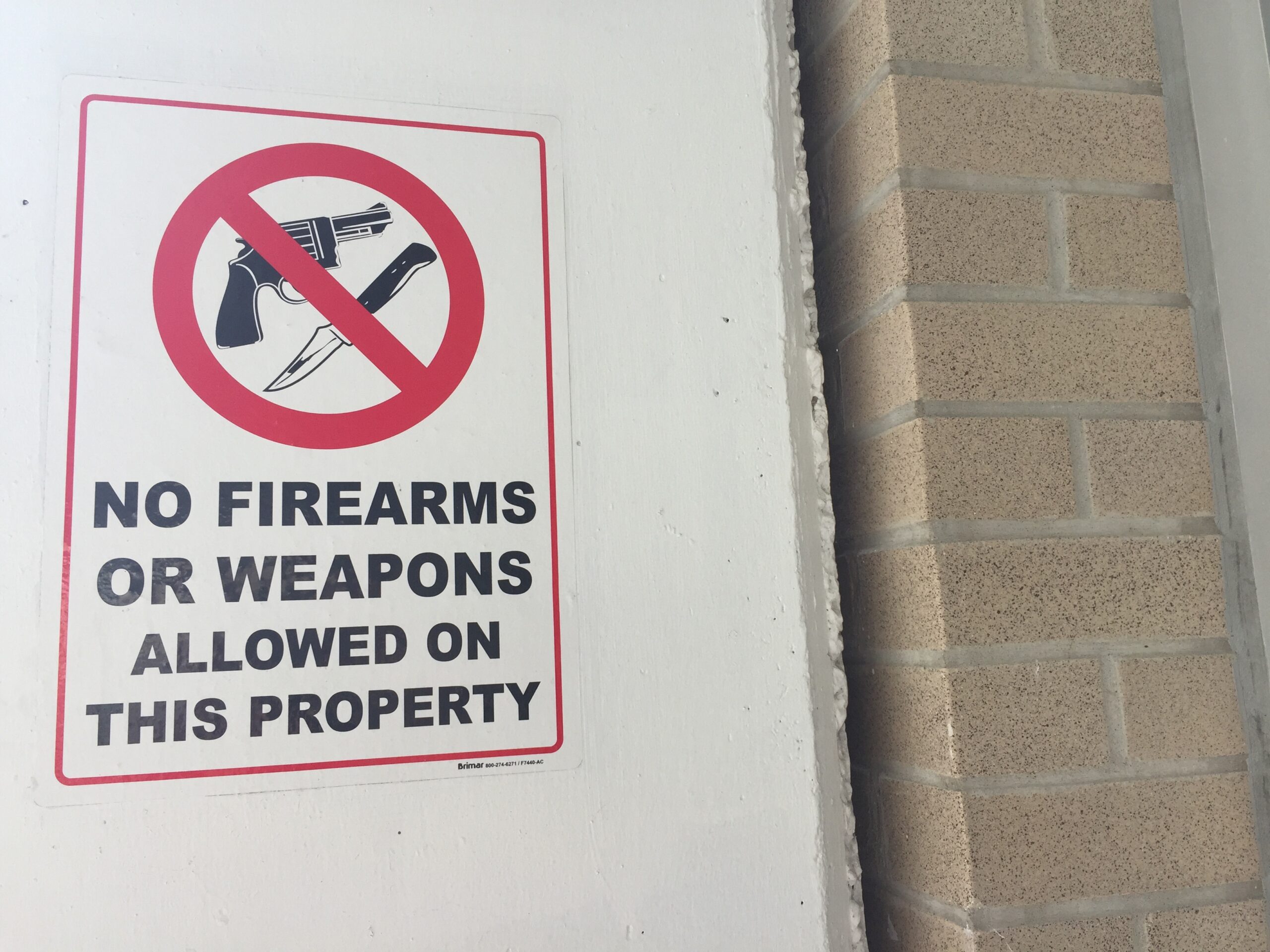
The Supreme Court announced Friday that it will decide whether states have the authority to prevent individuals from carrying firearms on private property without the express permission of the owner. This move delves into a complex Second Amendment disagreement that holds the potential to expand gun carry rights in public spaces like stores, restaurants, and malls.
A New Major Gun Rights Case
This case marks the first major Second Amendment dispute the current 6-3 conservative court has agreed to review in over a year. In recent years, the court has ruled on several high-profile gun rights cases in ways that have generally broadened access to firearms.
The court granted five new cases on Friday as it prepares for a new term, which is set to begin on Monday and conclude in June. The upcoming term is shaping up to be one of substantial consequence, featuring cases that address key issues such as executive power during President Donald Trump’s second term, transgender rights, and the future of a landmark civil rights era law designed to protect minority voters.
The law in question was enacted by Hawaii in 2023 as a direct legislative response to the Supreme Court’s major ruling a year earlier, New York State Rifle & Pistol Association v. Bruen. That 2022 decision made it significantly easier for Americans to obtain permits to carry guns by striking down a New York law that had required residents to demonstrate “proper cause” to carry a handgun.
Previously, Hawaii’s law permitted a gun permit holder to carry their handgun into a store or other private property unless the owner had explicitly posted a prohibition. The new 2023 law flipped this presumption, now requiring unambiguous written or verbal authorization from the property owner for a gun to be carried on their premises. The law also banned the carrying of guns in “sensitive places” like beaches, parks, and establishments that serve alcohol.
Legal Arguments and Precedents
Three gun owners who hold carry permits, along with a gun rights organization, filed suit, claiming that the new law and a subsequent appeals court decision upholding it effectively rendered the “right to carry in public illusory.” According to the Trump administration, which urged the Supreme Court to hear the case, five states—Hawaii, California, Maryland, New Jersey, and New York—have enacted similar restrictions.
The Department of Justice, representing the Trump administration, argued before the high court that people can bring items like “bicycles, roller skates, protest banners, muddy shoes, dripping umbrellas, melting ice cream cones” into private stores without permission. The administration contended that “Only if someone wants to carry a gun must he obtain ‘express authorization’ under the arbitrary presumption that all property owners would view guns differently.”
In defense of the state’s law, Anne Lopez, the Democratic attorney general of Hawaii, argued that the measure “represents a permissible effort to vindicate the rights of Hawai‘i’s citizens to exclude armed individuals from their private property.” A federal district court in Hawaii initially barred the state from enforcing the law, but the San Francisco-based 9th US Circuit Court of Appeals reversed that ruling. The appeals court stated unanimously, “Nothing in the text of the Second Amendment or otherwise suggests that a private property owner – even owners who open their private property to the public – must allow persons who bear arms to enter.”
The Historical Test
Underpinning the legal fight is the Supreme Court’s requirement from the 2022 Bruen decision that judges must reference U.S. history to determine the constitutionality of gun prohibitions under the Second Amendment. That ruling mandated that a gun regulation must be “consistent with this nation’s historical tradition of firearm regulation.” This requirement prompted a wave of challenges to gun laws, forcing many federal judges to delve into historical analysis.
The Supreme Court appeared to slightly modify this historical focus in 2024 when it upheld a federal law barring guns for domestic abusers, despite no specific domestic abuse laws existing at the nation’s founding. Chief Justice John Roberts wrote for an 8-1 court that, at a higher level of generality, the nation did have a history of disarming “individuals who present a credible threat to the physical safety of others.”
While the Hawaii case primarily concerns permission to carry on private property, it also involves the constitutionality of banning guns in places like bars, restaurants that serve alcohol, and parks. Expanding these so-called “sensitive place” restrictions has been a major legislative goal for blue states following the 2022 Bruen decision. The court did decline to take up a second question in the case that specifically focused on these provisions, which lower courts have often upheld by citing history extending beyond the founding era.
What The Author Thinks
This case forces a direct and irreconcilable conflict between two foundational legal concepts: the individual’s right to carry arms and the private property owner’s right to control their space. From a purely legal standpoint, the property owner’s right to exclude should arguably trump an individual’s right to carry a weapon in a commercially open space, as the right to exclude is a basic tenet of ownership. However, given the Supreme Court’s current focus on expanding Second Amendment rights, there is a distinct possibility that the court will rule that the Bruen historical test effectively subordinates a property owner’s preference to a permit holder’s right, setting a potentially dangerous national precedent for safety in private businesses.
Featured image credit: Wikimedia Commons
For more stories like it, click the +Follow button at the top of this page to follow us.
